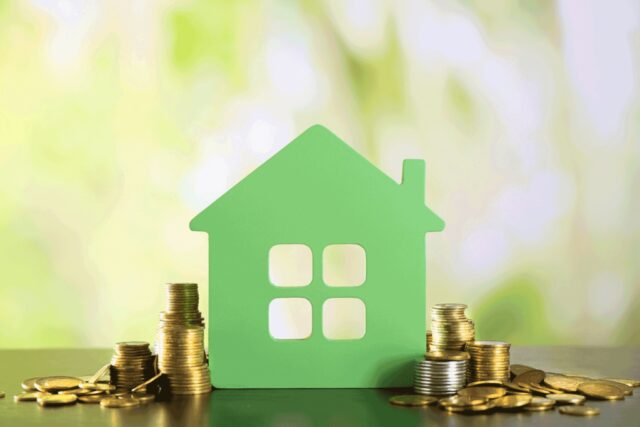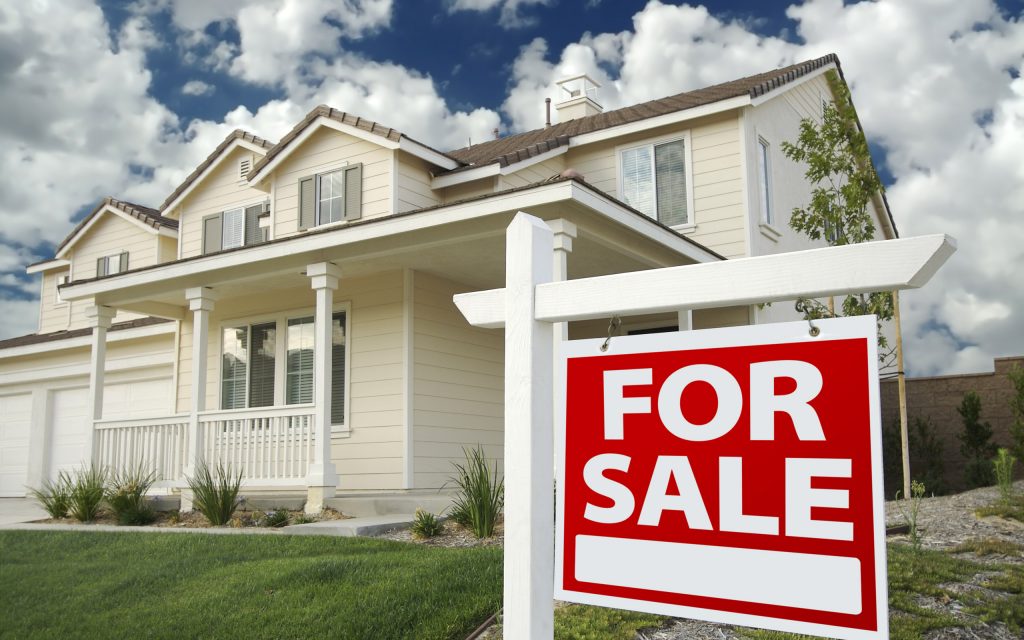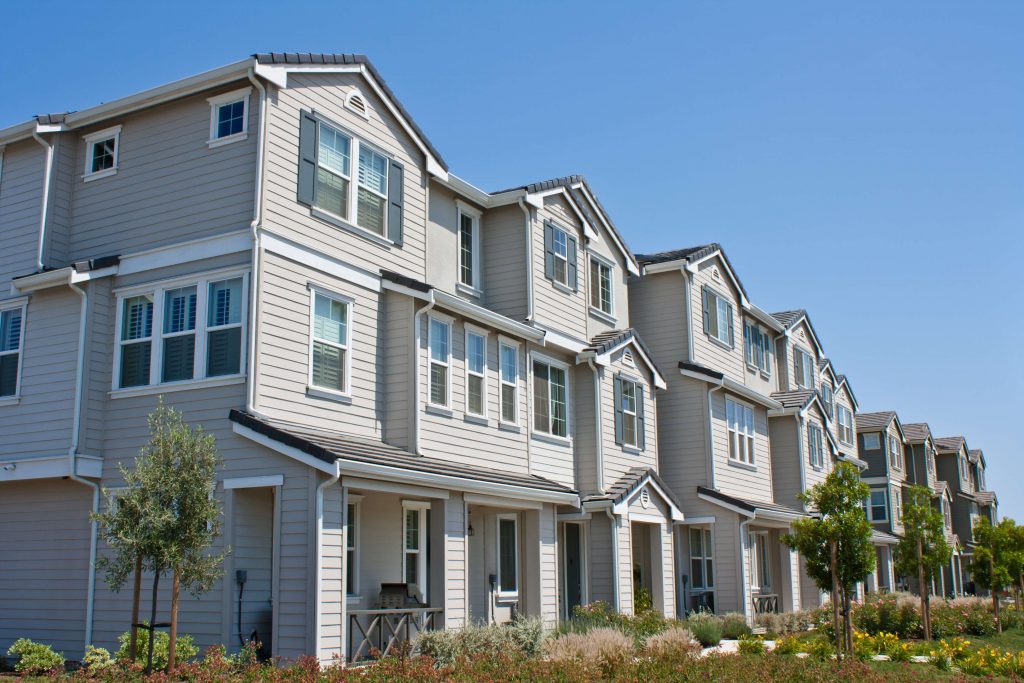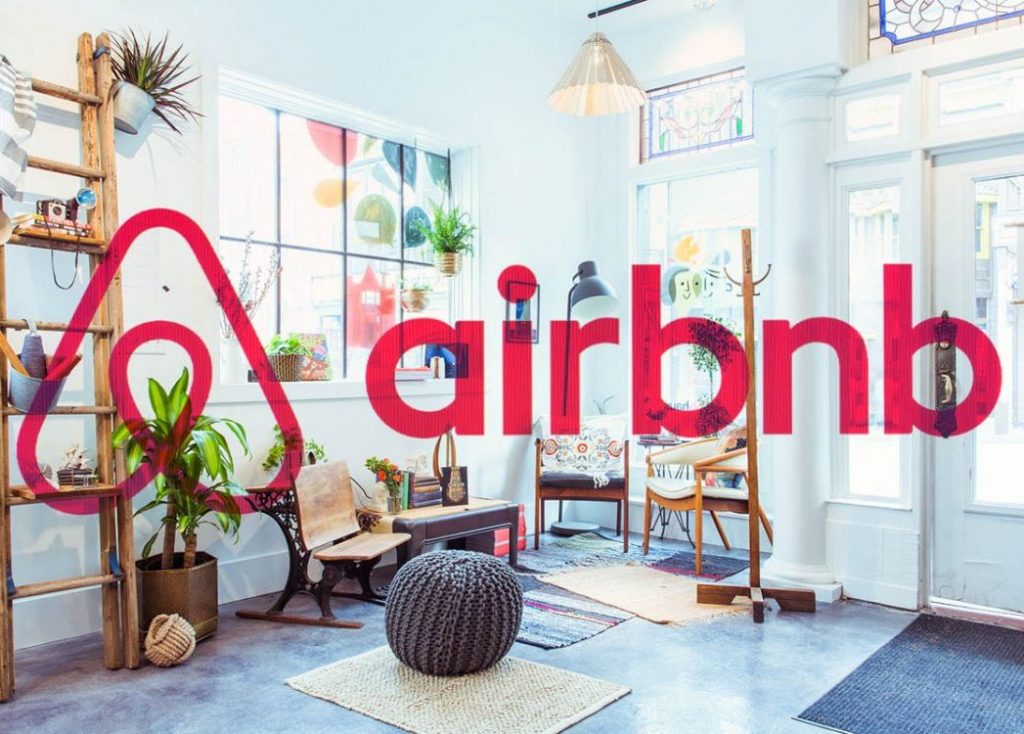
Finding a passive income stream is the key to wealth. Given current rental rates, it makes sense to look at property investment as a good way to get your own stream of passive income. Below are a few things to keep in mind as you start your journey.
Funding

The goal for most would-be property mavens is to buy all of their properties with cash. If you are just starting out, though, you’re going to have to pay attention to how you fund your properties and what that’s going to end up costing you.
Your goal should always be to avoid the dreaded money pits that tend to capture so many first-time investors, and doing so generally means knowing how to get the right loan at the right rate.
Pay Attention to Your Credit Score

Perhaps the most important piece of information for any new investor is his or her credit score. Your credit score matters more for property investment than you might think, especially if you are looking towards making rental income.
Simply put, a higher credit score will mean that you can get a better interest rate on your loan. A better interest rate means that you’re going to be able to pay less over the life of your home, something that really matters if you don’t rush to pay off your mortgages with your early profits.
If you are in a position where you are five to ten points away from having an excellent score, it’s almost certainly worthwhile to hold off on getting a loan until you’ve reached that next milestone.
Understand Down Payments

As a property investor, it’s generally understood that you are going to make some kind of downpayment on a home. The goal is usually a twenty-percent down payment, as doing so allows you to avoid paying private mortgage insurance on the property.
The real question you should be asking yourself is whether making that twenty percent down payment is going to cause you more financial difficulties than making the PMI payments. You should note, though, that you only make the PMI payments until such a point as you reach twenty percent equity in the property.
If you are buying a one hundred thousand dollar property, a twenty percent down payment is twenty thousand dollars. The PMI, on the other hand, is about forty-two dollars a month. If you put down twenty thousand dollars, you’ll end up paying about five thousand dollars in insurance assuming that you don’t reach twenty percent equity faster. As such, you’ll need to decide what’s more important – saving forty-two dollars per month or keeping a certain percentage of your working capital liquid.
The Buying Process

Once you figure out funding, it’s time to start thinking about buying. Again, this is a place in which many first-time investors find themselves making major mistakes.
As an investor, you’ll want to keep two things in mind – how you’ll find the right property, and how you’ll afford the right property,
Work with an Agent

If you are just starting out, you’ve got to work with a good real estate agent. This partnership is going to be one of your most important, as a good agent is going to be able to keep an eye on the market and continually point you towards new investment opportunities.
Early on, though, your goal is to find someone who is going to help make your first investment as painless as possible.
Make sure to meet with your agent in person to talk to him or her. Let the agent know that you’re looking for investment properties and see how he or she reacts.
If the agent comes back with actionable information and a willingness to understand your investment goals, you’ve probably got a winner. As long as your agent is willing to diligently help you hunt for properties and will help you negotiate a stellar price, you’ll be able to do business.
Know Your Budget

The thing that destroys so many would-be investors is budgeting. Yes, it’s easy to understand the basics of money going in versus money going out, but you’d be surprised by the number of people who can’t figure out exactly what they’re going to be spending in order to keep an investment property going.
Think about what you’re really going to have to spend before you can start turning a profit on a rental property. You’ll start with the cost of the mortgage, then the costs of getting the home cleaned up and any work that needs to be done. Once you reach the stage in which a tenant moves in, you’ll also have to deal with repairs, running background checks, and insurance.
Take a look at your budget and figure out what you could realistically deal with if the home sits empty for a month or two. If you are counting on an immediate move-in to stay solvent, you’re making a bad budgetary choice.
Types of Investing

Finally, it’s a good idea to understand the differences between three types of property investment – the single-family home, the multi-tenant unit, and the AirBNB rental. Each of these types of property has its own benefits and drawbacks, and you’ll need to know which works best for you.
Single Family Homes

The single-family home has long been the starting point for most real estate investors. It has the smallest initial investment requirement and tends to take the least amount of overall maintenance for a new investor. If things don’t get well, you also have multiple ways to get off the property ladder – something that’s quite nice for new investors.
With that said, it’s harder to turn a profit on single-family units, and increasing your inventory takes a lot of time and effort. Since all of your funds are tied up in that initial property, it’s going to take some time before you can move on and really make property investment your main source of income.
Multi-Family Units

Multi-family units tend to be a much bigger initial expense, but they can bring with them huge rewards. Think of it as acquiring dozens of properties all at once, with everything good and bad that doing so entails.
You’re going to end up putting in more work (or at least more money) to deal with things like repairs, background checks, and cleaning, but you’ll be more likely to have a steady stream of tenants and you’ll never have to worry about losing all of your income streams at once.
Never too old to invest
If you are age 62 or older and are looking for creative ways to invest in your retirement you might consider the many benefits of the federally insured home equity conversion mortgage insured by the federal government since 1989. This program available for seniors age 62 and older allows for you to tap a portion of your homes equity generally up to 50% of the property value in a single lump sum or line of credit which may allow for you to use these tax refunds to purchase an investment. The loan requires no monthly repayment and the amount is paid back at the time you desire or when the home is later sold. To get an idea of how much you may qualify for use this helpful calculator provided by ReverseMortgageReviews.org
AirBNB

AirBNB properties tend to split the difference between multi-unit and single-family homes, allowing you to profit from short-term rentals without having to deal with long-term tenant issues. Though this can be great for turning profits in some areas, others will be at the whim of the seasons when it comes to getting renters and may have to deal with changing regulations that can turn a great investment into more problems than it is worth.
AirBNB units also need more frequent cleaning and tend to require a higher standard of maintenance, but they have the potential to turn incredibly high profits. If you are looking in the Phoenix or Scottsdale, AZ market we recommend looking up The Kay-Grant Group, they specialize in Airbnb investment properties.
It’s always a good idea to start slowly when you are investing. Get your monetary situation figured out first, find a good agent to help you find the right property, and never invest in something unless you are comfortable with what it will require of you. If you are careful with your first investment and you’re willing to learn from it, you can turn property investments into a great income stream.









